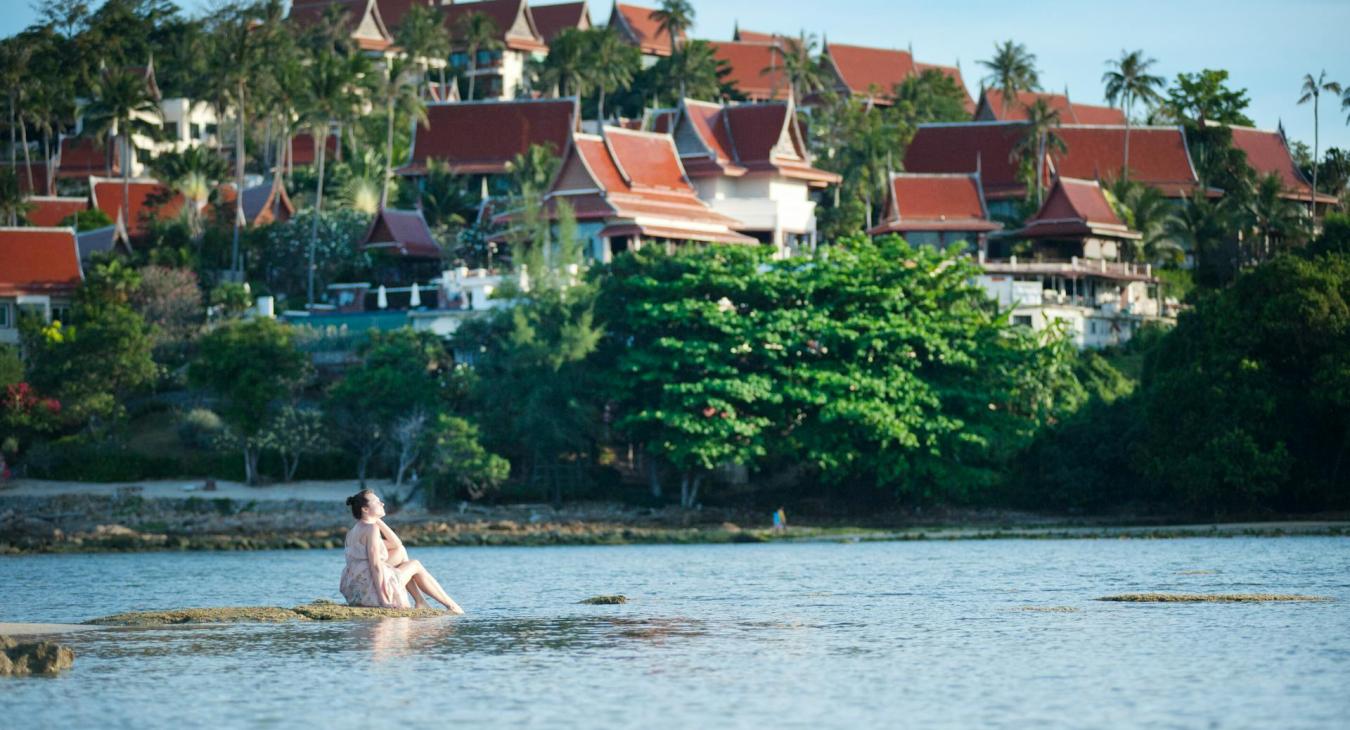Given the substantial issues relating to foreigners owning a freehold interest in Thai land, a better option for people wanting to have a legal and long term interest in property is done through lease agreement. The lease can be formulated in a way that allows the foreigner to build property on the land, and even own the structure through a right of superficies.
Any lease of property in Thailand in excess of three years must be registered accordingly at the Land Office, however, currently the Land Office will only register land for a maximum of 30 years, and further this period can be done only under a private agreement. Other necessary things for the parties to consider are payment of rent and penalties for late payment, what to do in the event of termination and the assignment of the various taxes and fees involved. The parties are considered to be, the lessee who is the party paying the consideration for the land, to the lessor, the legal owner of the land in question.
At the present time it seems as though a second term of renewal will merely be a contractual promise which will not necessarily be enforced by Thai courts in event of a dispute. The relevant legislation on this states that the duration of hire cannot exceed thirty years, and if it is made for a longer period, such period shall be reduced to thirty years, however this does not prevent a provision being included on a promissory basis. It is also reasonable to speculate that perhaps this maximum period of lease could be increased as Thailand becomes more liberalized through its involvement with ASEAN community.
Several taxes and fees will be encountered throughout the process and these should be dealt with within the contract to avoid having to informally negotiate them as they come. One such tax would be a 12.5% tax in relation to commercial buildings which is levied on the rental value of the property; naturally this would be paid by the owner of the land. 1% of the rental through the entirety of the lease period is due at the land office, along with a stamp duty of 0.1% generally payable by the lessee.
After I lease the land, should I do a Thai will? Thai law provides that the succession to your immovable property in Thailand is governed by Thai law, so if you own a condo or land freehold it will pass via Thai succession laws unless you have a Thai will.
Thai law provides that your estate will pass to your statutory heirs unless you have a valid will stating otherwise. Thai law provides that if you are competent to draft a will in the country of your nationality, you may do so according the law of the country of your nationality or the country where your will is made.
If you do not draft a will, Thai law provides that if you are married, half of your estate will go to your spouse. The remainder of your estate will pass to your heirs in the following order:
- Descendants;
- Parents;
- Brothers and sisters of full blood;
- Brothers and sisters of half blood;
- Grandfathers and grandmothers; and
- Uncles and aunts.
If you have no living relatives at the time of your death, your estate will pass to the government. In other words, if you are married with two children, half of your estate will go to your wife and one quarter will go to each of your children.
A long term lease and shares in a Thai company are technically movable property. It is important to note that leases do not survive the death of the parties by default. Any 30 year lease should have a succession clause.
Thai law provides that the succession to movable property is governed by the domicile of the decedent at the time of death. Thus, if you are an expatriate domiciled in Thailand, you will need a Thai will for your movable property also. If you maintain a domicile in another country, you may choose to pass your movable property with a will made according to the laws of that country. However, you should be aware that even a foreign will needs to be executed in Thai court with a local executor to handle distribution of the Thai assets. A Thai will covering your assets in Thailand is often easier to enforce.
You may choose to make a will of limited jurisdiction that only governs the rights to your property in Thailand and have another will in your home country governing the distribution of any other goods. Typically upon the death of a foreigner in Thailand, the government officer will ask the family for a copy of a will. Having a will drafted in your home country to cover assets in Thailand may be problematic and burdensome to your family as documents will need to be translated, notarized and approved by a government body. If you have any property in Thailand it is a good idea to draft a Thai will.


